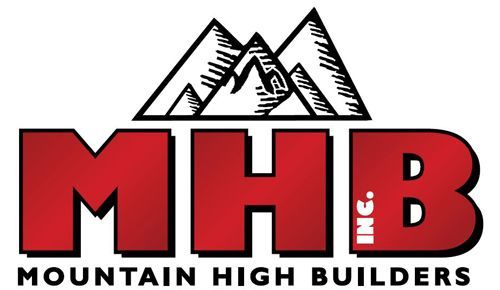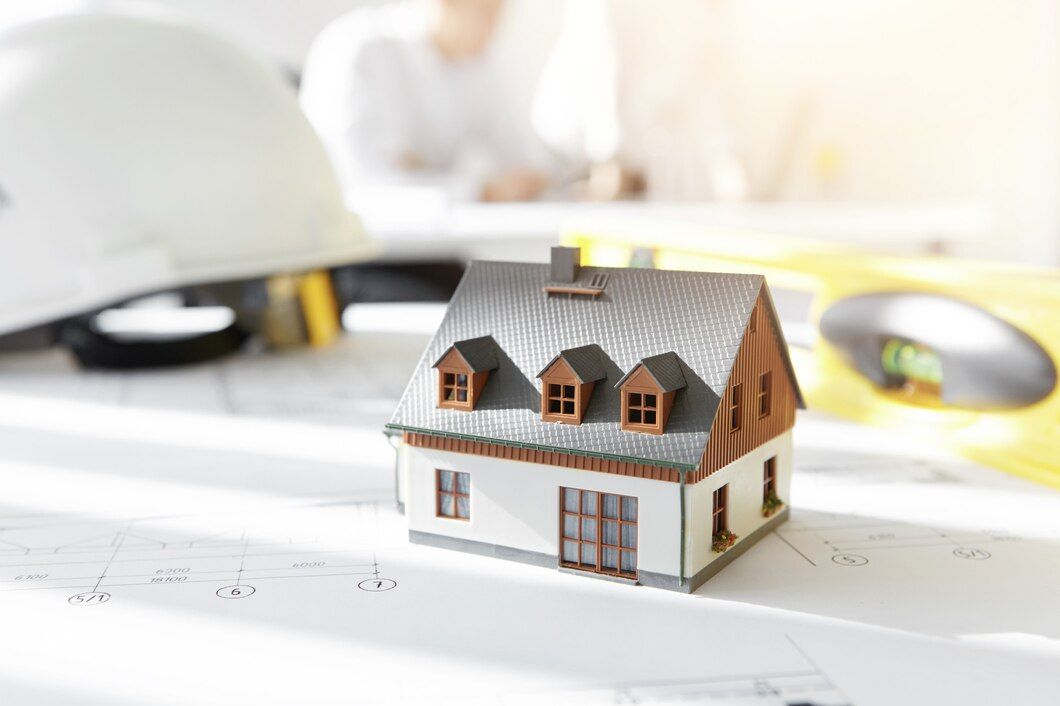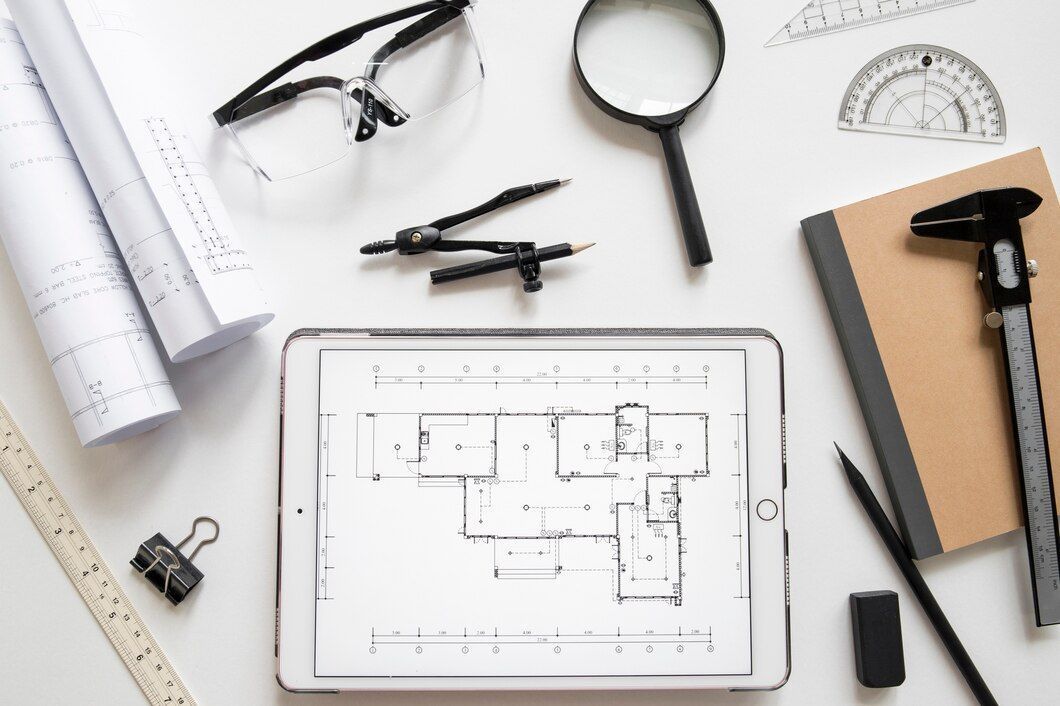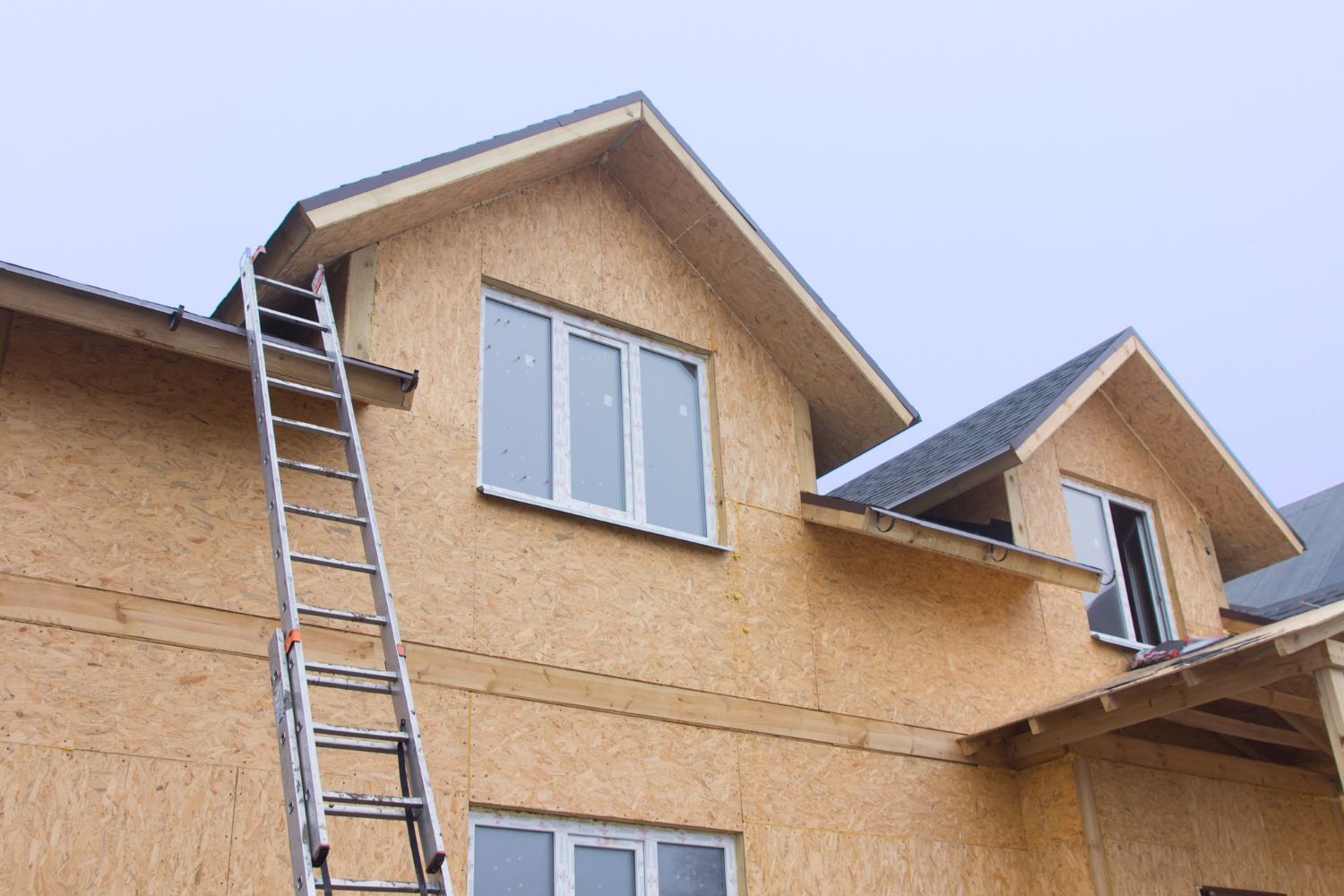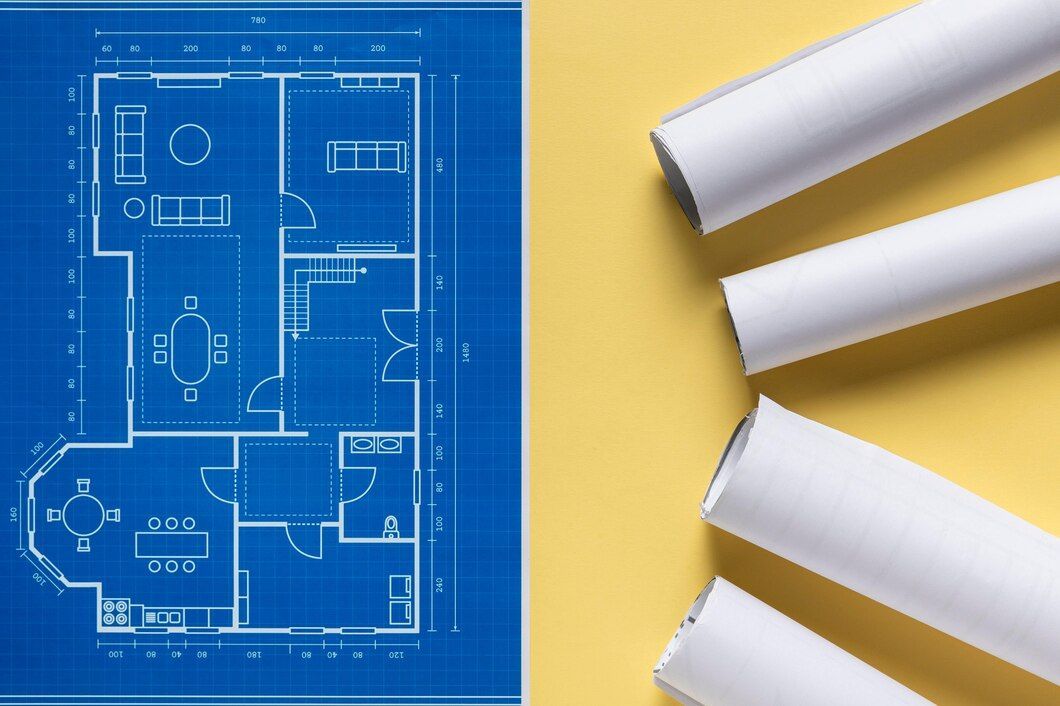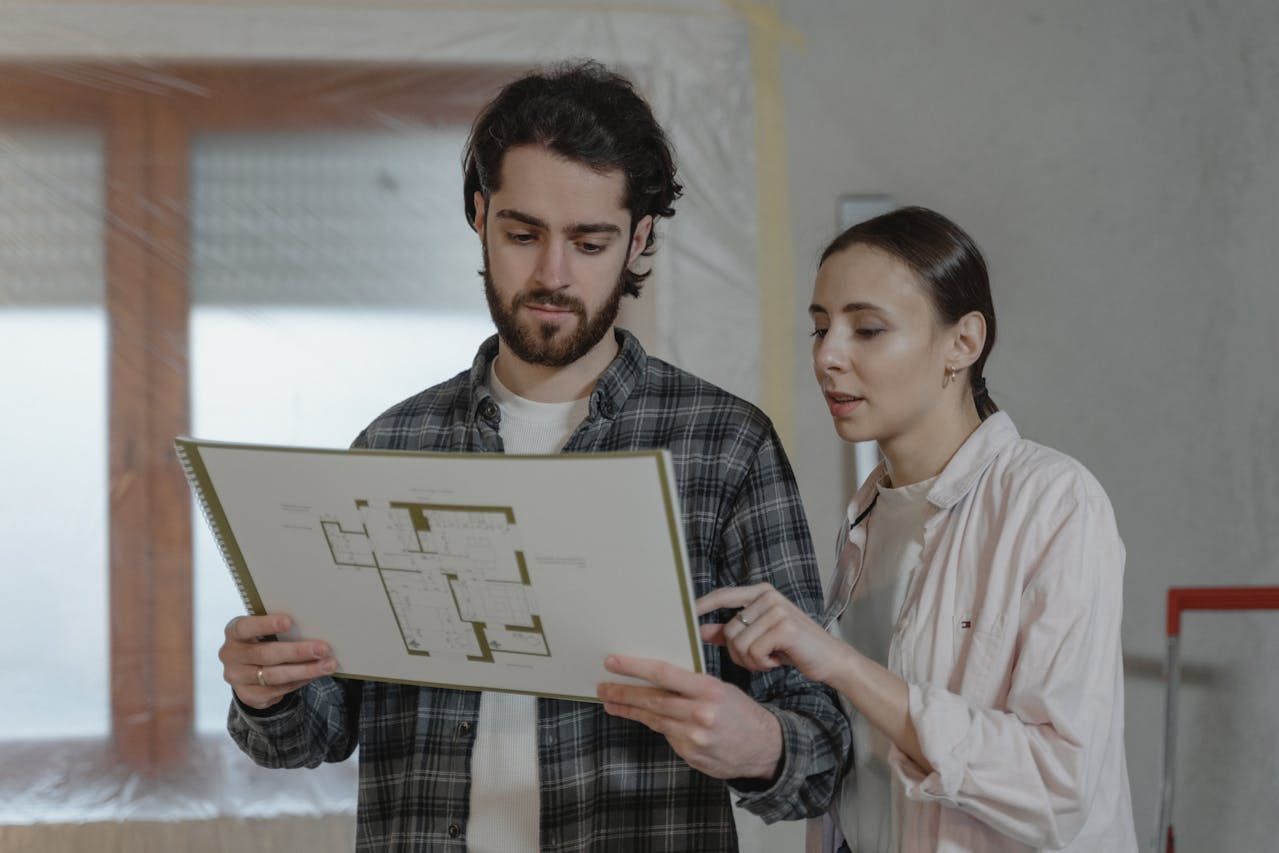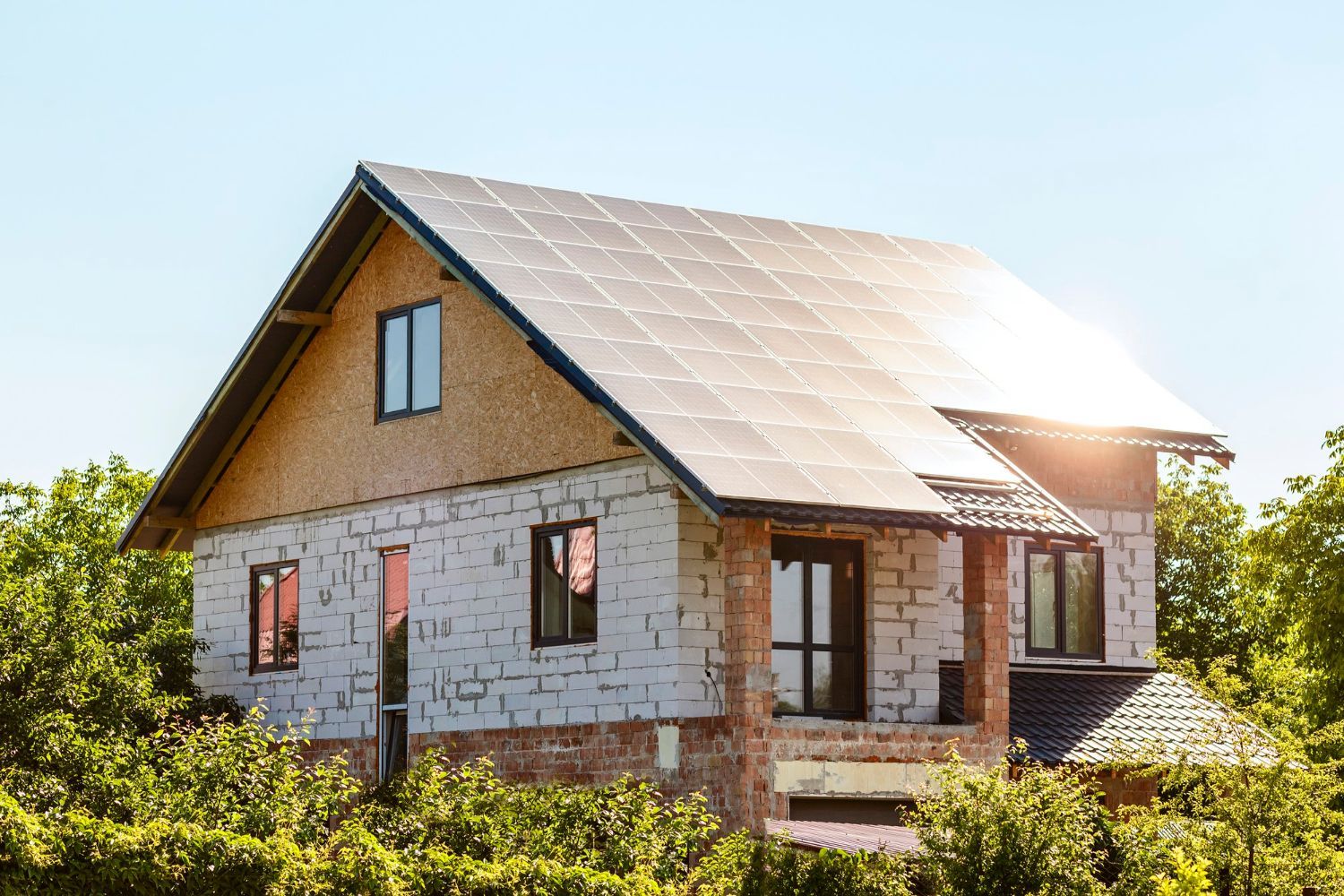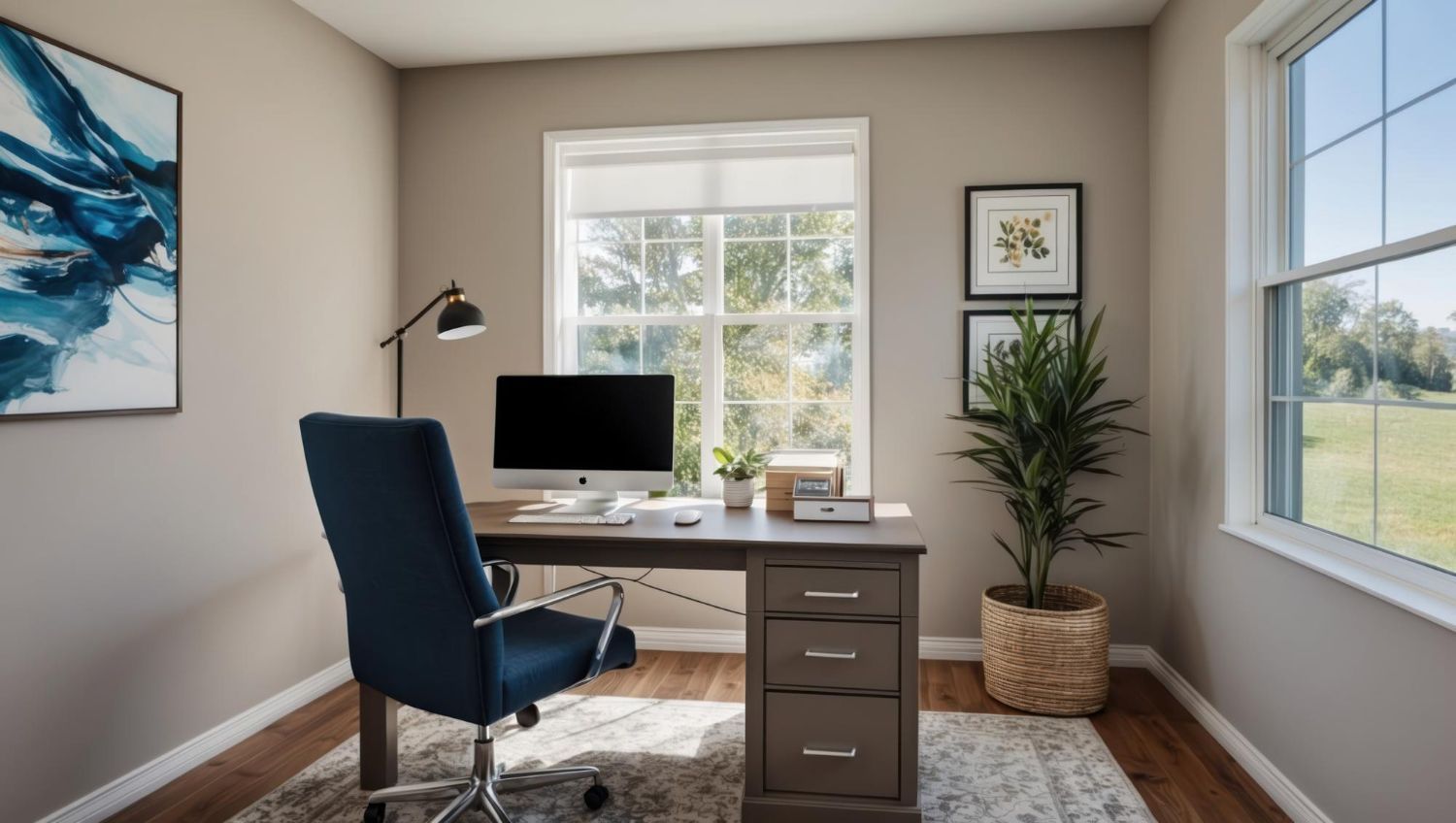541-815-0855
custom@mhbi.us
What Permits You Need to Build a House
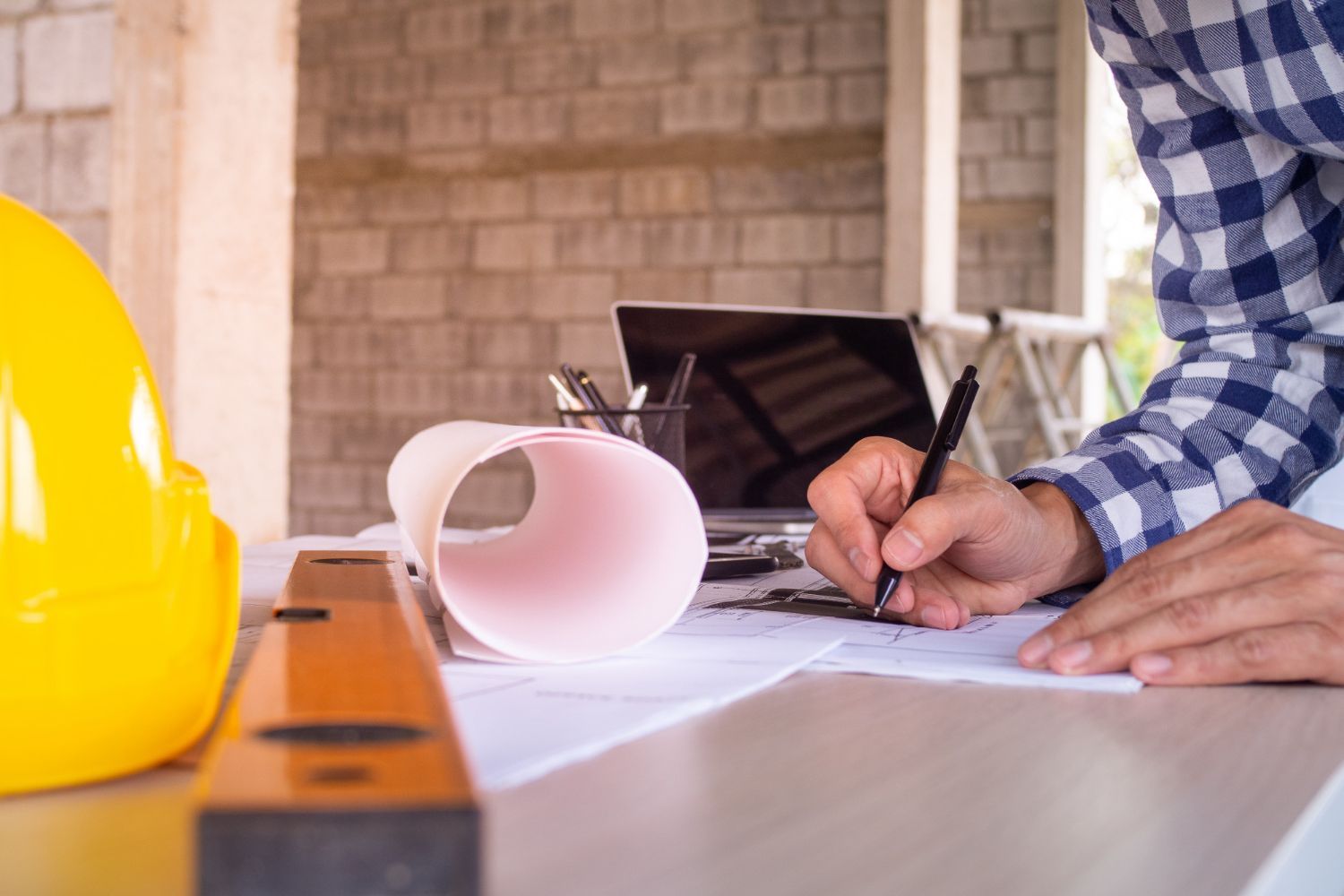
Building a house is an exciting journey, but it comes with its own set of challenges, including navigating through the necessary permits. Knowing what permits you need can save you a lot of time and hassle. Permits ensure that your construction meets local codes and regulations, making your new home safe and legal to live in.
Getting the right permits might seem like a daunting task, but understanding their importance and the steps involved can make the process smoother. Whether you're building your first home or your dream home, getting the right permits is an essential part of the journey.
Building Permit Basics
The building permit is the cornerstone of your construction project. This permit ensures that your new home meets all the local building codes and safety standards. Securing a building permit involves several steps. First, you need to submit detailed plans that outline your project. These plans usually include architectural drawings, structural layouts, and sometimes technical specifications.
Once you submit your plans, they go through a review process. Local building authorities will check if your plans comply with all necessary codes and regulations. If any issues arise, you might need to revise your plans and resubmit them. This back-and-forth can take some time, so it's best to start early.
After your permit is approved, you'll need to keep it on-site during construction. Building inspectors will visit your site at different stages of the build to ensure you follow the approved plans. If you make any changes during construction, you might need to get additional approvals. Getting a building permit may seem like a complex process, but it’s essential for a safe and legal build.
Zoning and Land Use Permits
Before you can even think about starting construction, you need to secure zoning and land use permits. These permits regulate how the land can be used and what types of buildings can be constructed. Zoning laws are set by local governments and are designed to plan for community growth and development.
To get a zoning permit, you'll need to check the zoning regulations for your property. These regulations will tell you what type of structures are allowed, as well as any restrictions on height, lot size, and setbacks from property lines. If your project doesn't conform to these rules, you may need to apply for a variance, which is a special permission to deviate from the zoning laws.
Land use permits are another critical aspect. These permits ensure that your construction plans are in line with the overall land use plan of the area. For example, if you're building in a residential zone, you can't construct a commercial building without a land use permit. This keeps the community organized and ensures new structures are appropriate for their locations.
Getting these permits often involves public hearings and meetings with local officials. You'll present your plans and may need to make adjustments based on their feedback. It might sound daunting, but securing these permits is a vital step in the building process.
Specialized Permits for Utilities and Systems
While building a house, you can't overlook permits for essential utilities and systems. These permits cover electrical work, plumbing, heating, ventilation, and air conditioning (HVAC) systems. Each of these areas has strict codes to ensure safety and efficiency.
1. Electrical Permits
You need an electrical permit for all wiring and electrical work. This includes installing outlets, light fixtures, and major appliances. An inspector will check the work at different stages to ensure it meets safety standards.
2. Plumbing Permits
Plumbing permits are required for installing pipes, fixtures, and water heaters. You need this permit to set up water supply lines, drainage systems, and even for minor changes like moving a sink. Proper inspections ensure everything is safe and in line with code requirements.
3. HVAC Permits
HVAC permits are necessary for installing and maintaining heating and cooling systems. This ensures that systems are installed correctly for basic needs like temperature control and air quality. An inspector will check the installation to verify it meets all local and state codes.
4. Gas Permits
If your home will use natural gas for heating, cooking, or other appliances, a gas permit is needed. This ensures that all gas lines and appliances are installed safely to prevent leaks and other hazards.
These permits require you to work with licensed professionals who understand the specific codes and regulations. Failing to get the proper permits can result in fines and may even require you to redo the work.
Environmental and Waste Management Permits
Environmental and waste management permits help ensure your building project doesn't harm the environment. These permits cover various aspects of construction, including water management, waste disposal, and erosion control.
Water Management Permits
Water management permits are crucial if your construction site affects local waterways or wetlands. These permits ensure that your project complies with laws protecting natural water sources. You'll need plans for proper drainage to prevent water pollution and flooding issues.
Soil and Erosion Control Permits
If your building site affects soil stability, you might need an erosion control permit. This ensures that construction activities don't overly disrupt the landscape and cause issues like soil erosion or landslides. Measures need to be in place to manage stormwater and control sediment.
Waste Disposal Permits
Waste generated during construction needs proper disposal. Waste management permits ensure that debris, hazardous materials, and other waste are handled correctly to prevent environmental contamination. You'll need to follow guidelines for sorting, recycling, and disposing of construction waste.
Tree Removal Permits
In some areas, you need a permit to remove trees, especially if they are protected species. These permits ensure that tree removal is justified and that there are plans to replace or relocate trees when necessary.
Securing these permits often involves working with environmental specialists and submitting detailed plans. These steps ensure that your project is eco-friendly and compliant with all relevant regulations.
Conclusion
Securing the right permits is crucial when building a house. From building permits to zoning and specialized permits for utilities, each step ensures that your construction is safe, legal, and sustainable. Becoming familiar with these requirements helps you avoid setbacks and keeps your project on track.
At Mountain High Builders, we understand that navigating through permits can be challenging. Whether you're building a new home or looking to renovate, our
home builders in Bend, Oregon, are here to guide you through every step. Contact us today to learn how we can help you get started on your dream home.
Are you planning to renovate your home?

Mountain High Builders strives to build exceptional homes for our clients, alongside strong relationships that last a lifetime.
Contact us
Phone: 541-815-0855
Email: custom@mhbi.us
Address: Square Loop, 1012 SE
Cleveland Ave #5, Bend, OR 97702
Menu
All Rights Reserved |
All Rights Reserved | Mountain High Builders

